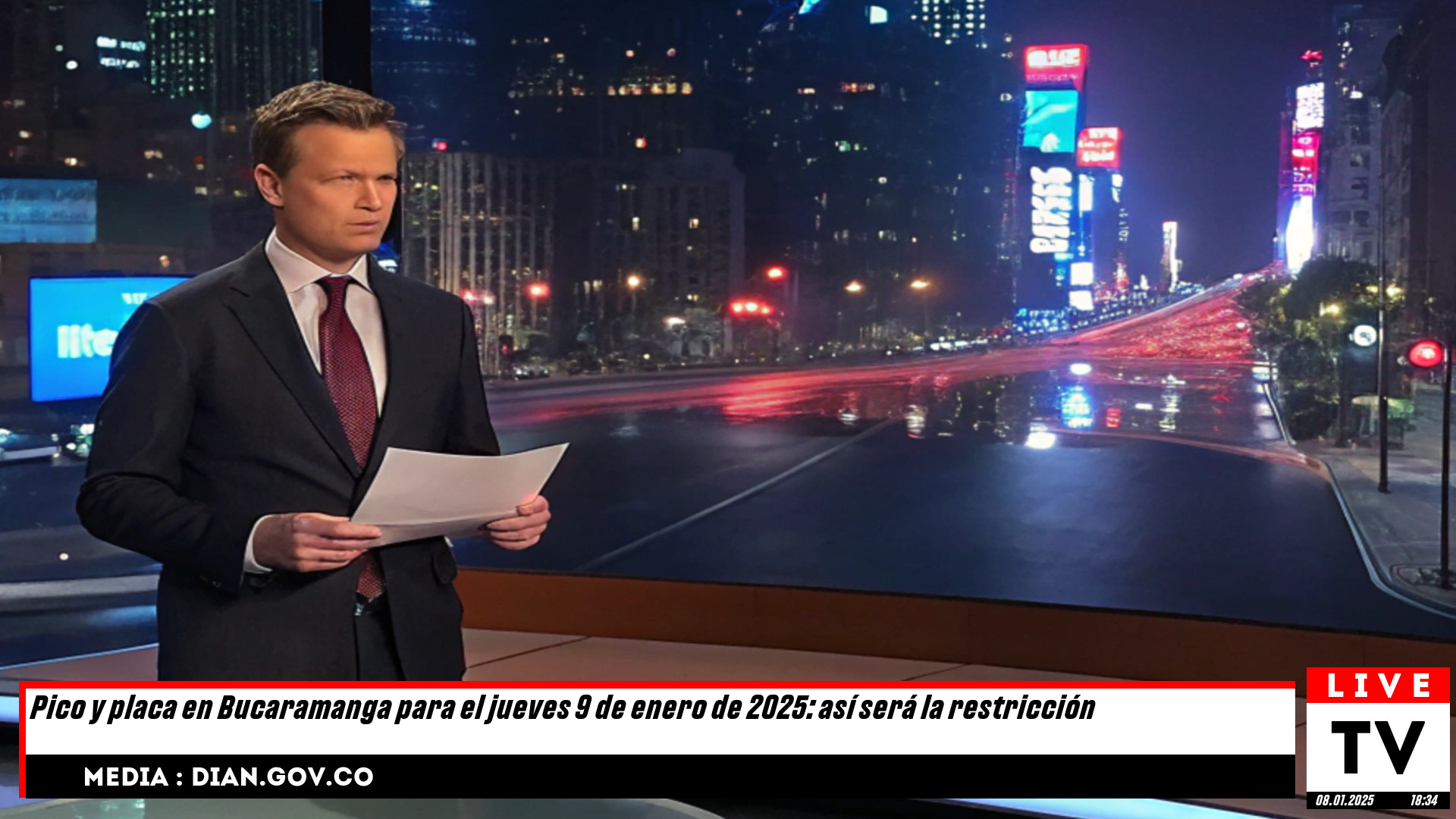"¿Realmente éramos mejores hace 20 años? El mito de la 'era dorada' de internet" | Lifestyle | EL PAÍS English
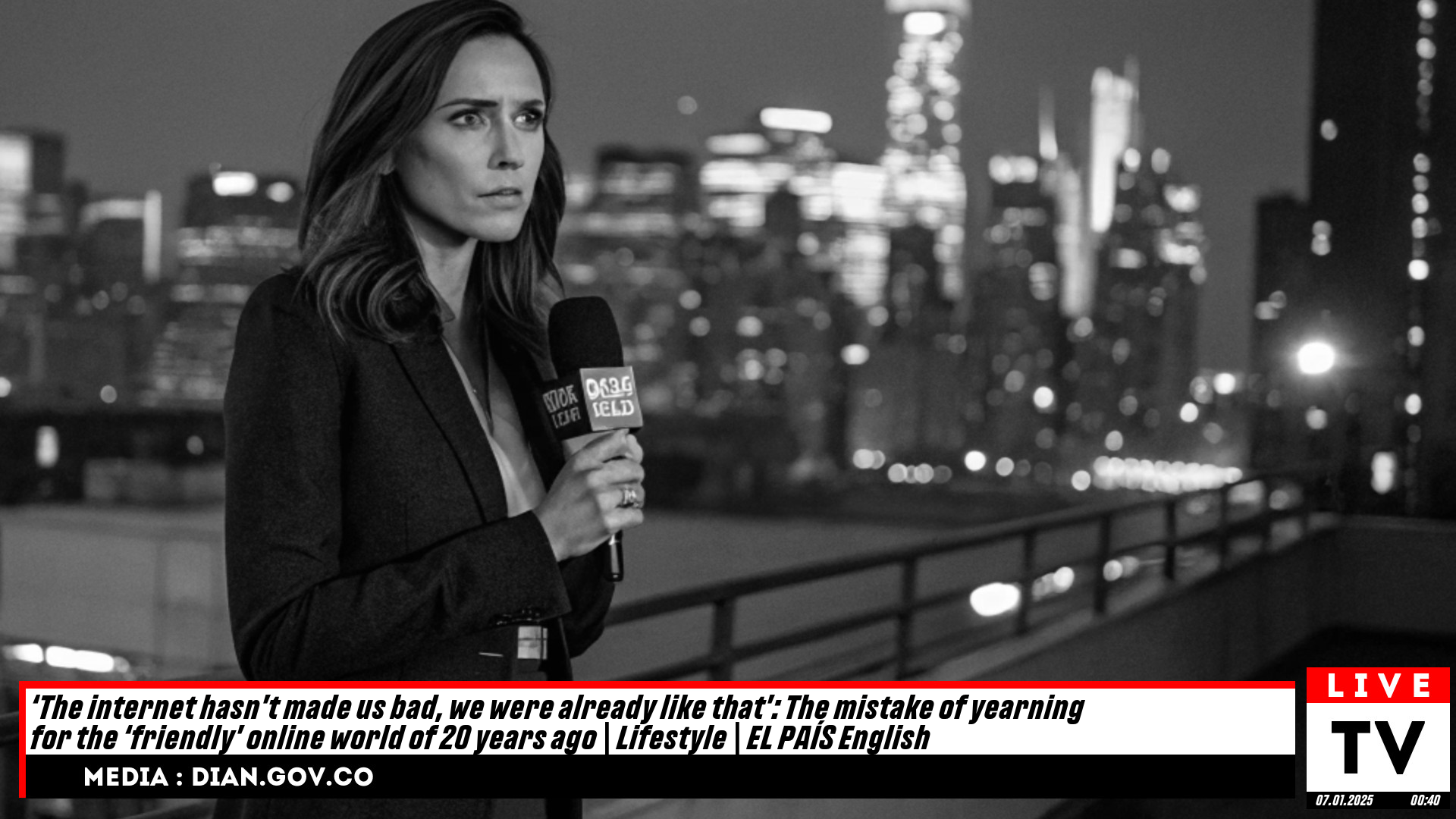
En las imágenes de los conciertos de María Escarmiento, al igual que en los de muchas otras figuras de la escena urbana, suelen aparecer iPods, teléfonos Blackberry y capturas de pantalla de Fotolog, Messenger o Tuenti. Una gran parte del público es demasiado joven para haber utilizado estas tecnologías, pero conocen el propósito de estos dispositivos y sitios web. Incluso los asocian con una época en la que los espacios virtuales eran más acogedores, divertidos y habitables. Tal es la fuerza de la estética Y2K o Flow 2K, uno de los últimos resurgimientos que, al igual que en todas las disciplinas artísticas, implica revisar y reinterpretar los diseños y las interfaces de los dispositivos electrónicos de hace aproximadamente 20 años.
It’s the umpteenth nostalgic twist of a culture obsessed with retromania. Millennials have been adults for years, and they might now be making up for lost time by evoking hours spent chatting on MSN Messenger (they weren’t all that exciting: you used to talk to your classmates right after you’d been with them) and looking up movies and songs by Evanescence, Green Day and Eminem on eMule (they often sounded bad and the noise of the computer, running all night, caused nightmares). Furthermore, as academics such as Grafton Tanner (author of The Circle of the Snake: Nostalgia and Utopia in the Age of Big Tech) point out, the internet, with its archival form of storing information, fits particularly well with nostalgia. As such, this entire movement of vindication and archaeology (which dusts off material from the golden days of IRC and Habbo Hotel all the way to the early years of Facebook, just before the Cambridge Analytica scandal) is a perfect excuse to relaunch products or produce viral content without too much effort.
But Flow 2000 could also mean that we miss the old internet (if such a thing ever existed) or, at the very least, that we need a network on a different scale and speed, one that is more human and kinder. Recently, the cultural critic Kyle Chayka wrote in The New Yorker about “cozy tech,” one of the latest fantasies being spread by platforms like TikTok. “Cozy tech” is the label that groups together content about users sipping from a steaming cup, browsing leisurely or playing nice, simple video games on devices with smooth, ergonomic designs. It’s a more powerful image than it seems because it conveys something we lost at some point in the last decade: a sense of control; the idea that it is possible to enjoy technology in peace again.
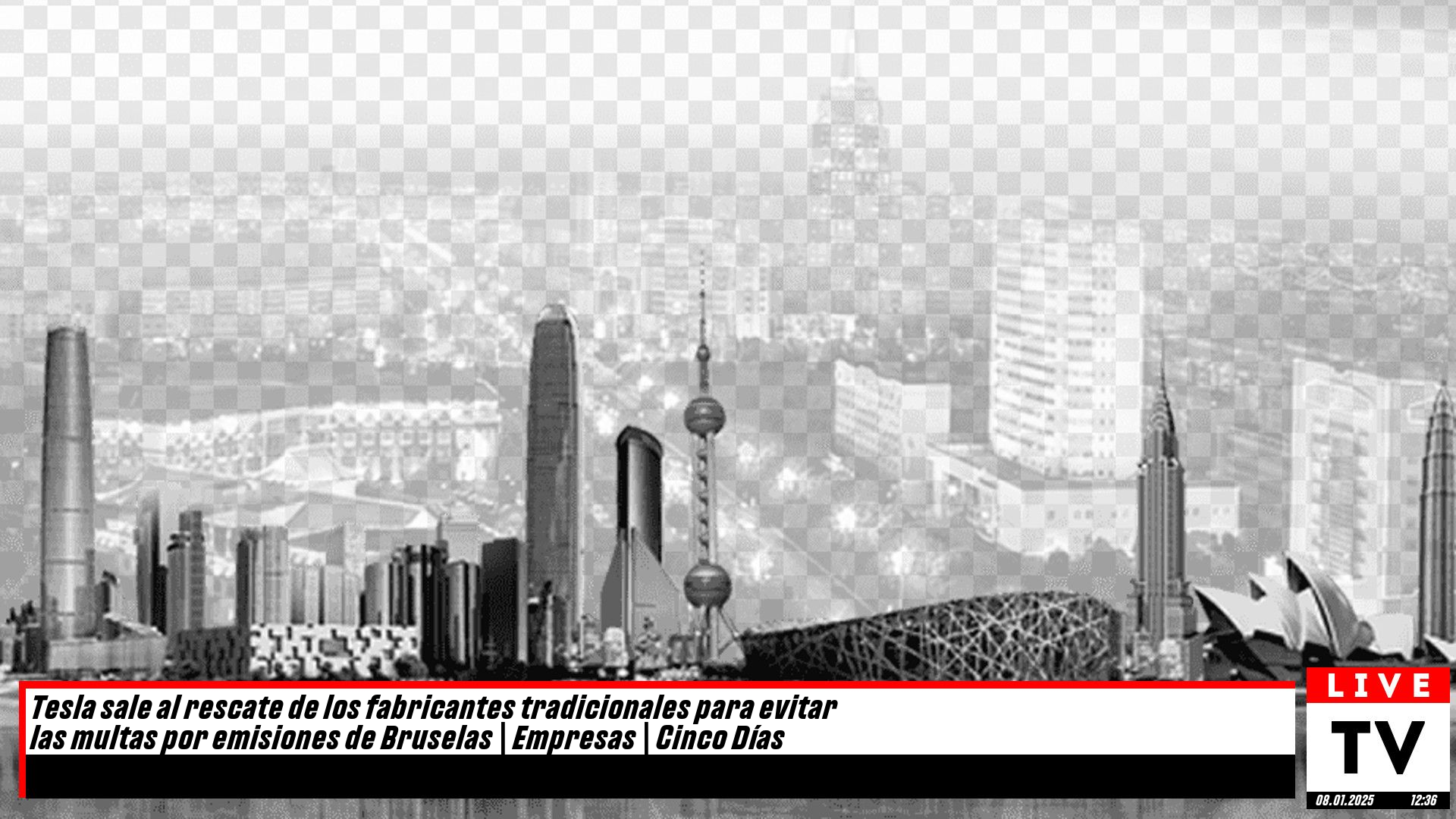
Tesla se convierte en salvavidas para los fabricantes tradicionales ante las multas por emisiones de Bruselas
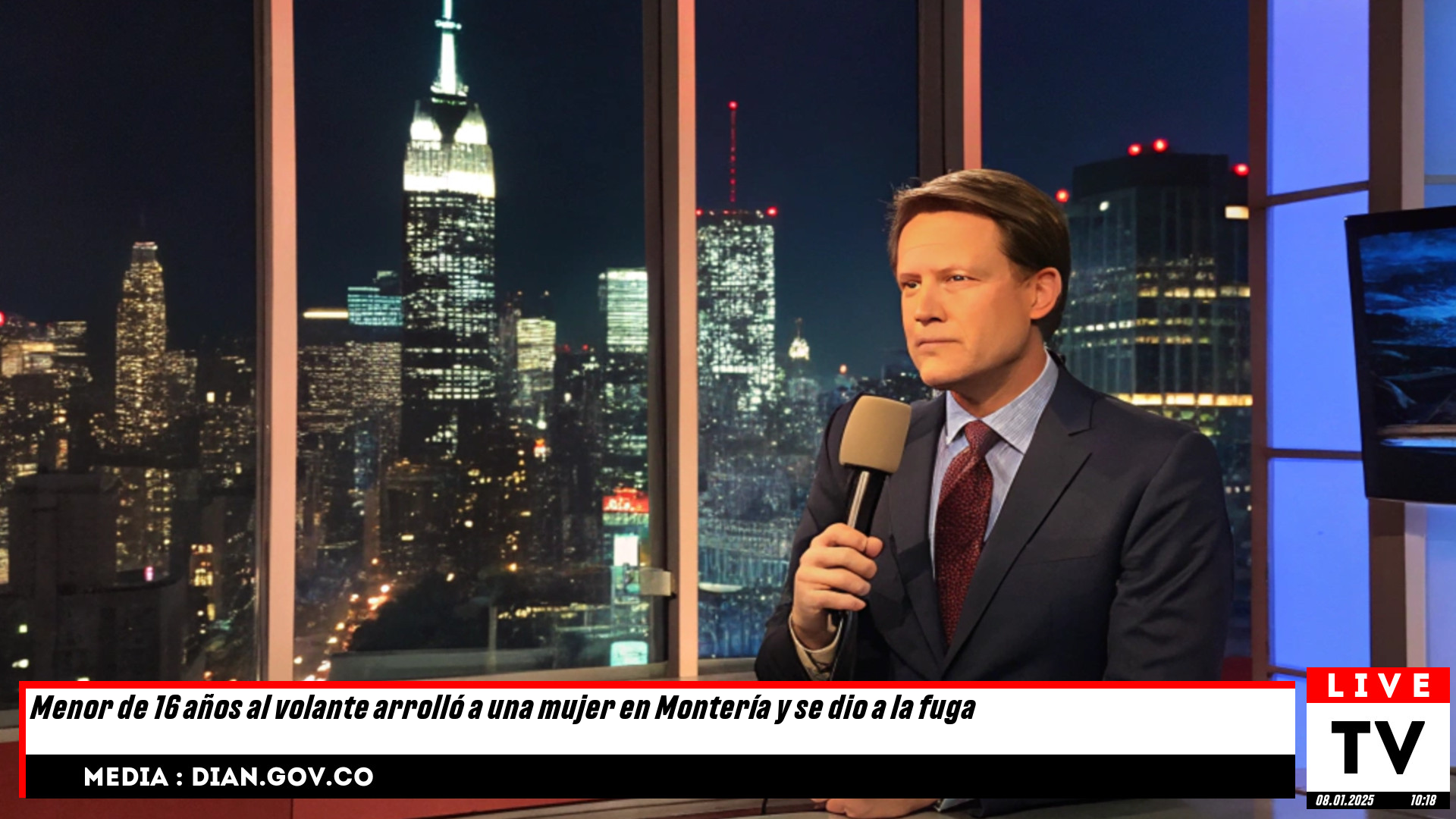
Joven de 16 años causa accidente en Montería al atropellar a una mujer y escapa del lugar.
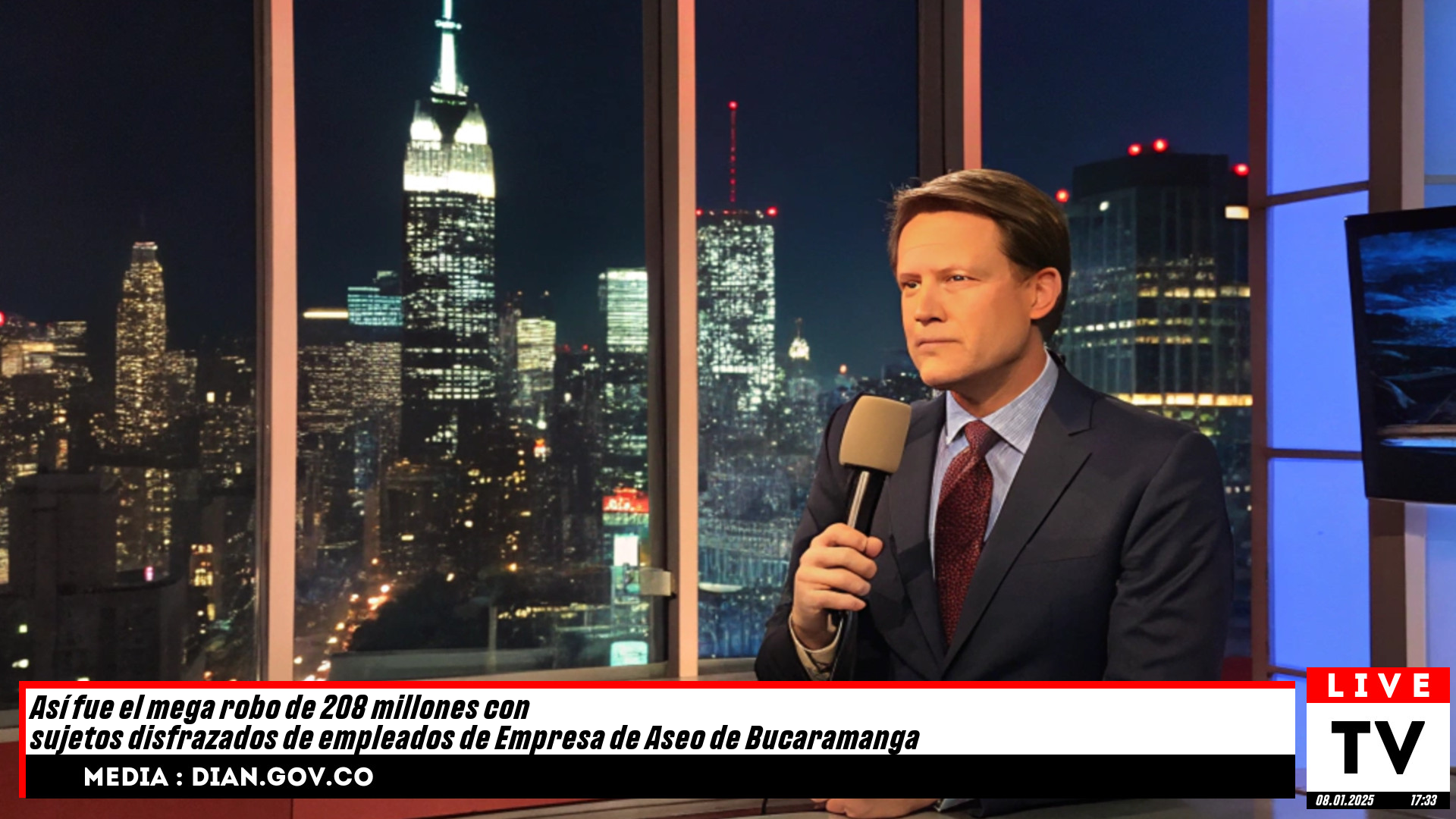
¡Impactante! Desmantelan audaz robo de 208 millones con disfraz de empleados de aseo en Bucaramanga.
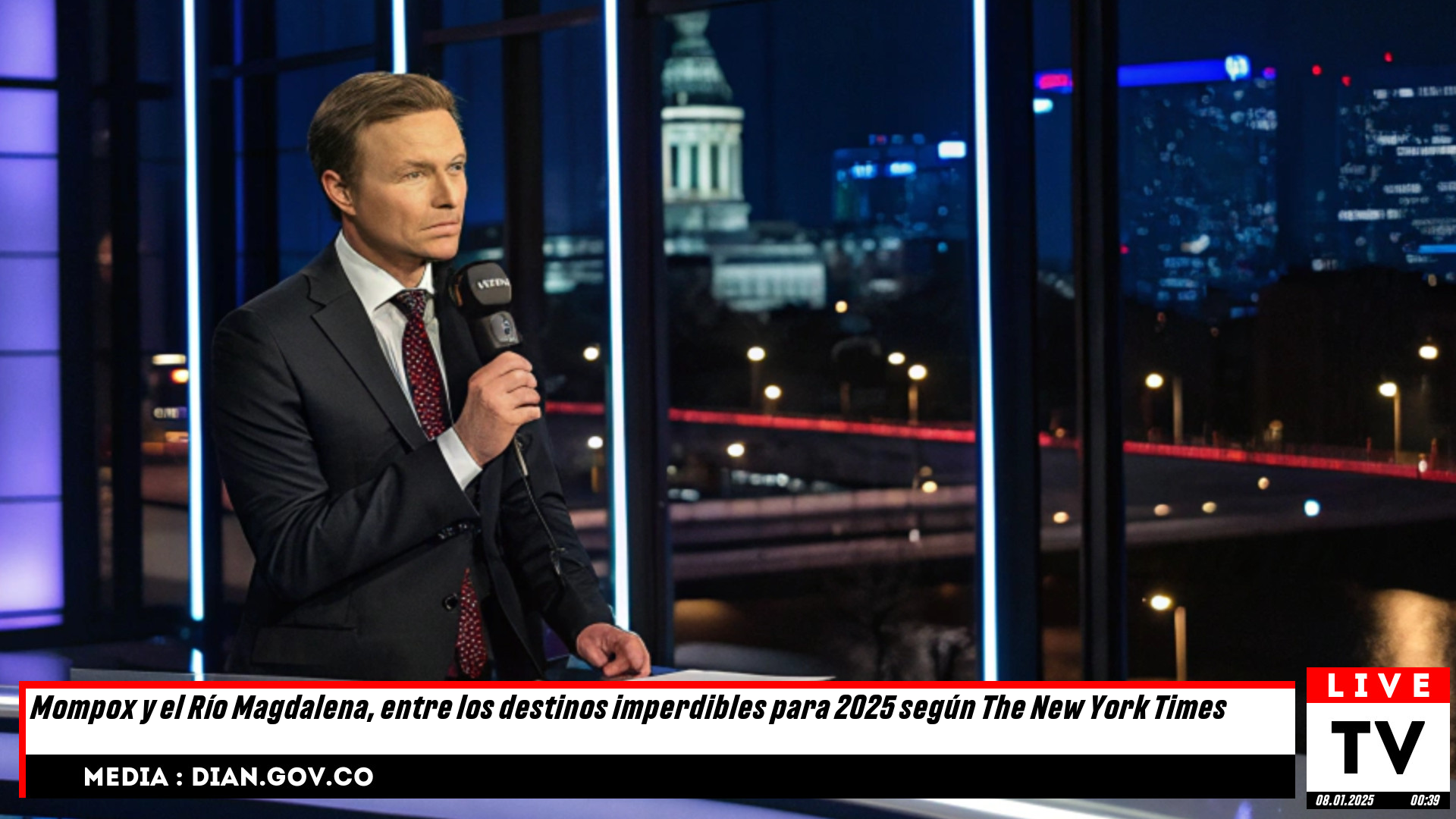
"Mompox y el Río Magdalena: Los Tesoros Ocultos que The New York Times Recomienda para Descubrir en 2025"
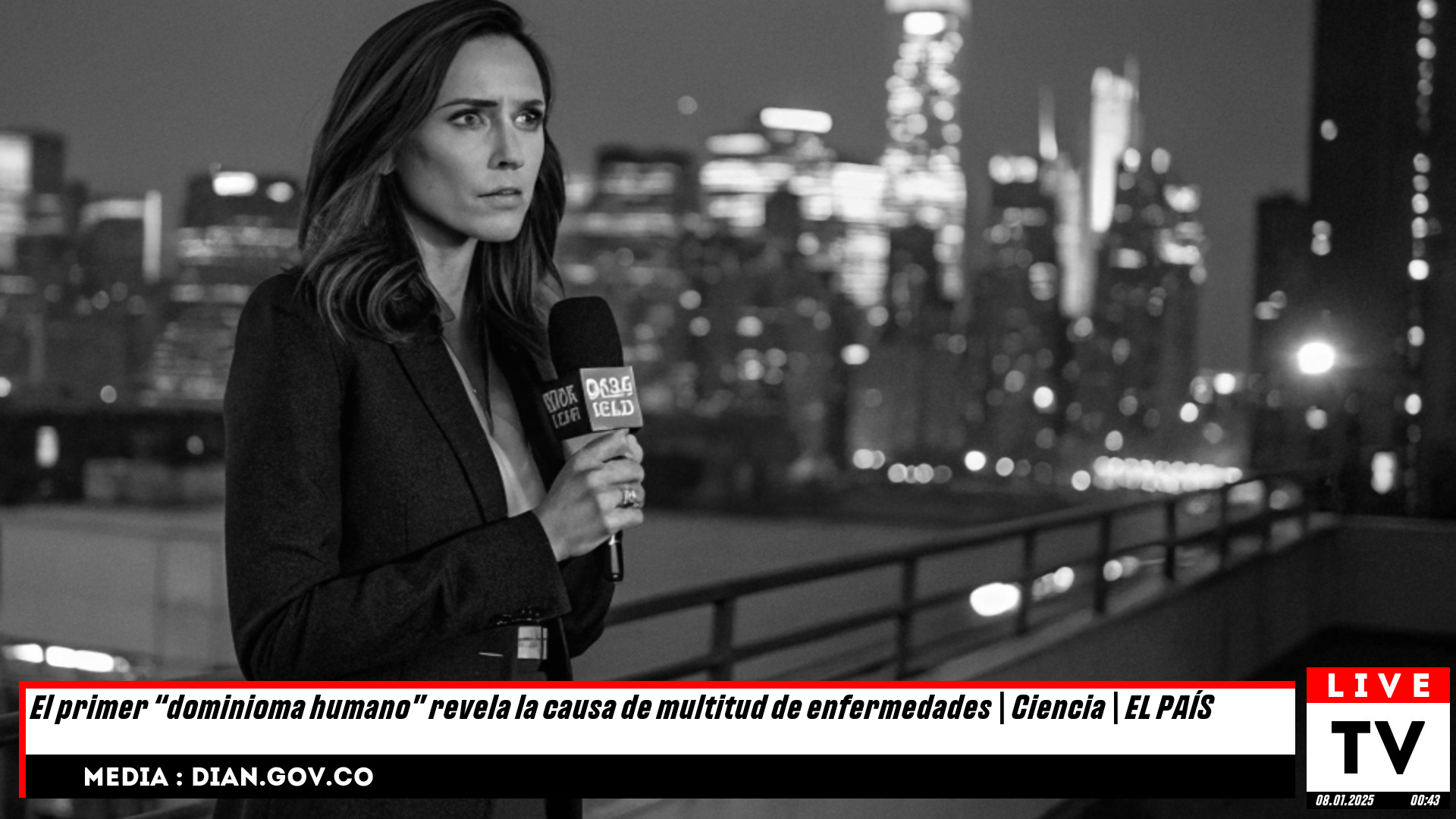
Descubierto el primer "dominio humano" que podría explicar el origen de diversas enfermedades | Ciencia | EL PAÍS
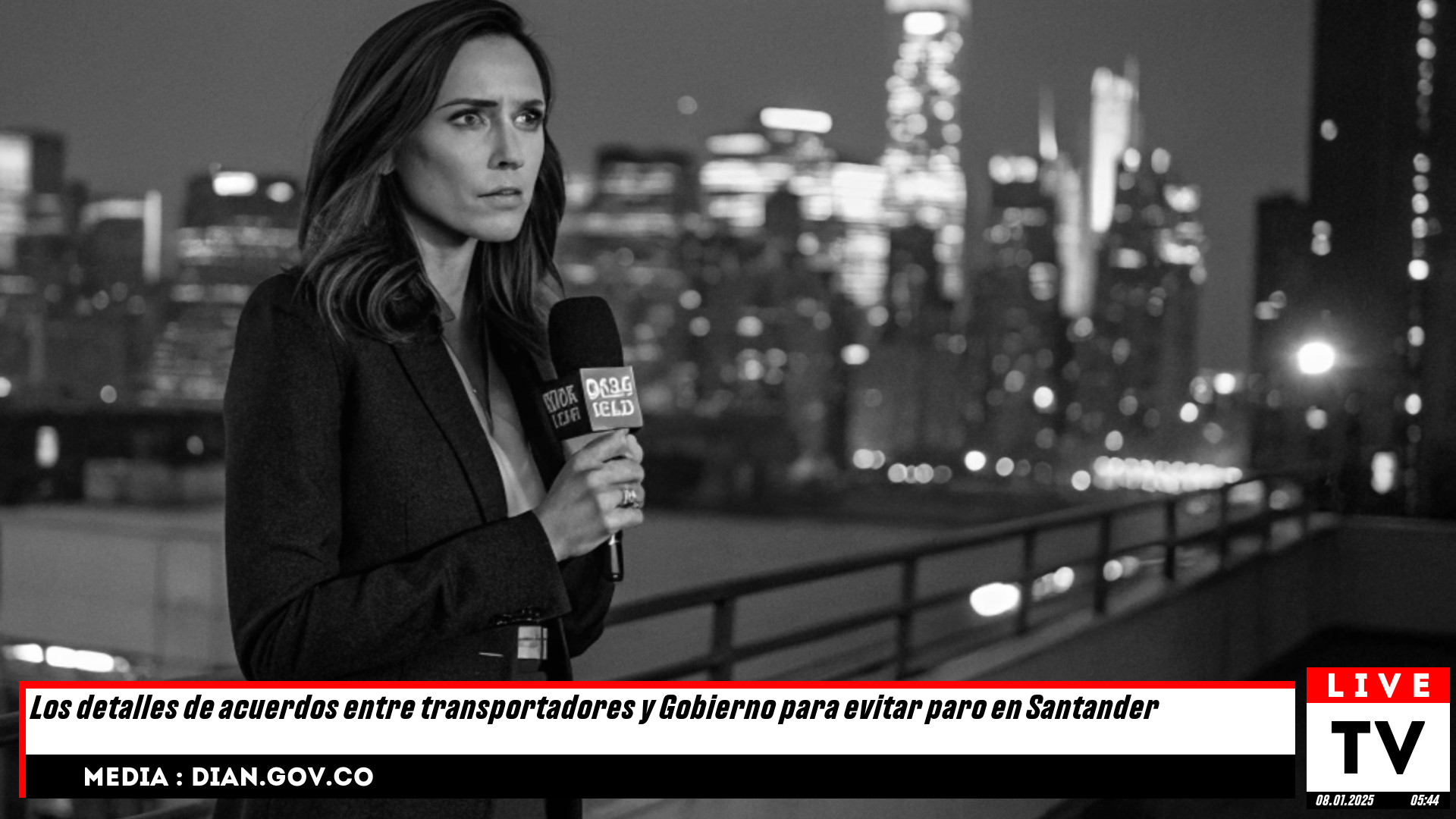
"Transportadores y Gobierno logran acuerdo para prevenir paro en Santander"
